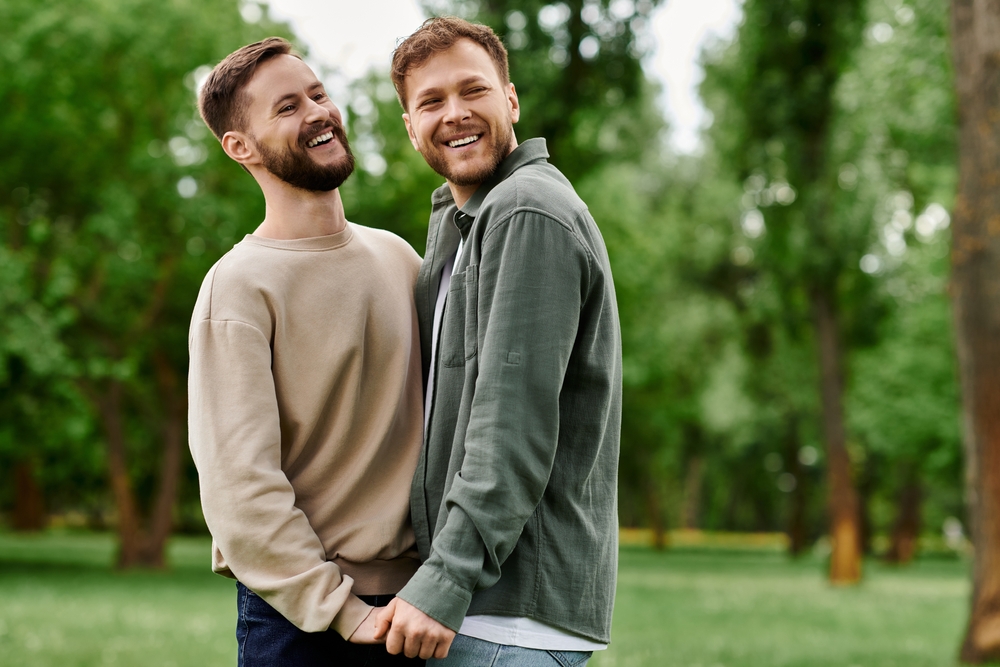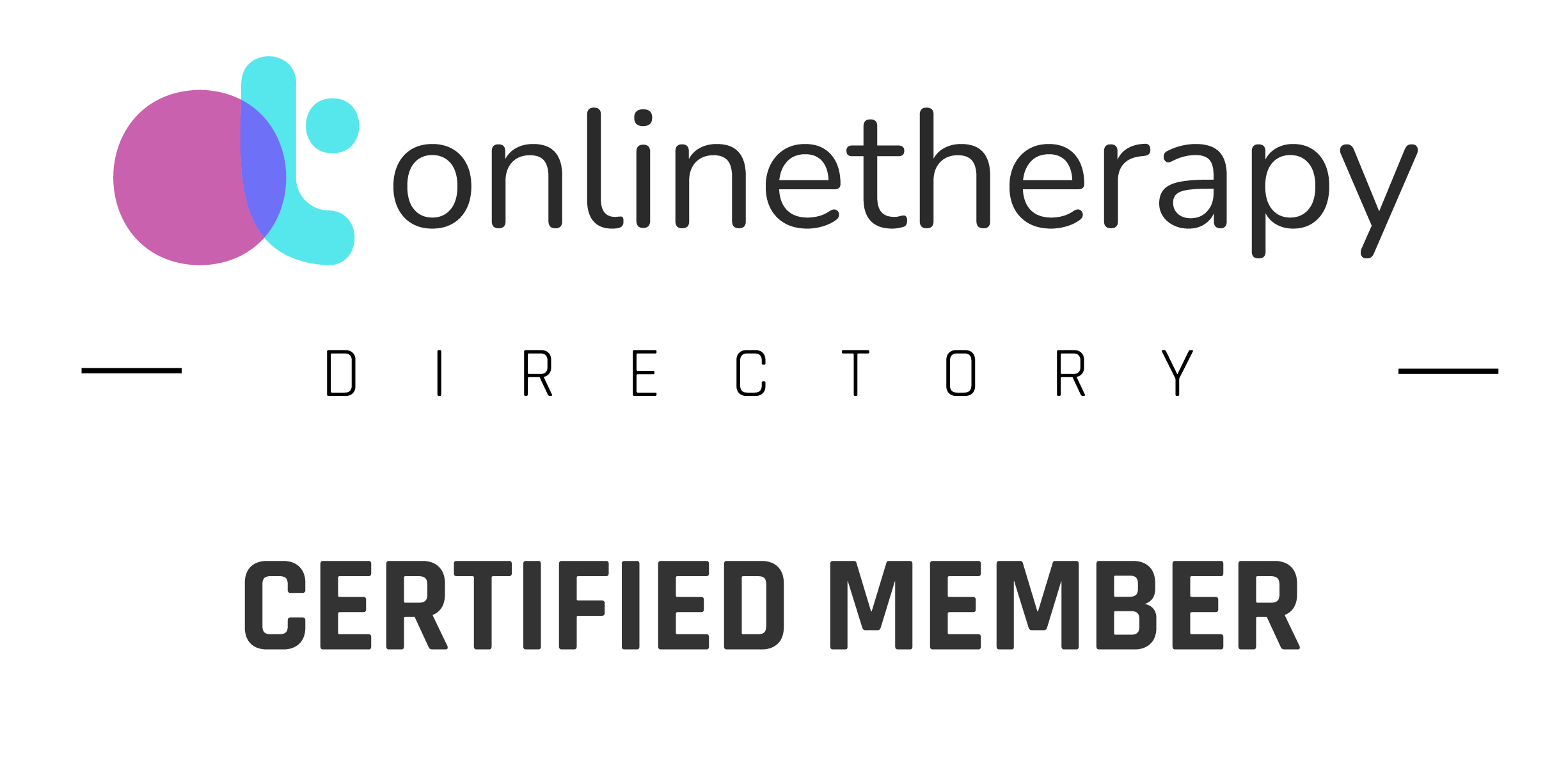In any relationship, communication is the cornerstone of connection, understanding, and trust. For LGBTQ+ couples, developing strong communication skills is especially important, given the unique dynamics and external challenges they may face. This guide explores what is healthy communication within LGBTQ+ relationships and offers practical strategies to nurture connection and resilience.
Understanding Unique Communication Dynamics in LGBTQ+ Relationships
Navigating Societal Stigma and External Stressors
LGBTQ+ individuals often navigate societal stigma that can seep into relationships, influencing how couples communicate and resolve issues. Stress from discrimination, lack of acceptance, or safety concerns may lead to defensiveness or withdrawal. Recognizing these pressures helps partners extend empathy toward one another and create space for honest conversations.
Addressing Potential Differences in Coming Out Journeys and Acceptance Levels
Coming out is a deeply personal experience. In a relationship, partners may be at different stages of their journey or face varied levels of family or community acceptance. Openly discussing these differences helps avoid misunderstandings and reinforces mutual respect and support.
Recognizing the Importance of Chosen Family and Support Systems
For many in the LGBTQ+ community, chosen families offer a vital support system. Acknowledging the role these connections play can help partners understand each other’s values and priorities better, strengthening emotional intimacy.
Acknowledging Diverse Experiences within the LGBTQ+ Community
Not all LGBTQ+ experiences are the same. A gay man, a nonbinary person, and a lesbian may each face different cultural, societal, and personal challenges. Validating each other’s lived experiences can promote empathy and richer, more inclusive communication.
Foundational Principles for Healthy Communication
Active Listening: Truly Hearing Your Partner
Healthy LGBTQ relationships rely on active listening—being present, withholding judgment, and focusing fully on your partner’s words and emotions. This allows each person to feel heard and validated, not just heard.
Expressing Needs and Feelings Clearly and Respectfully
Avoid assuming your partner knows what you need. Use clear, respectful language to express emotions and desires. This builds trust and prevents resentment from unspoken expectations.
Practicing Empathy and Validation
Empathy means stepping into your partner’s shoes; validation means showing their feelings are legitimate. Together, these create a safe emotional environment where vulnerability is welcomed.
Establishing Clear Boundaries and Expectations
Healthy boundaries protect emotional wellbeing and promote mutual respect. Regularly discussing boundaries—around time, space, intimacy, or communication—ensures each partner feels secure.
Creating a Safe and Non-Judgmental Space
LGBTQ+ couples thrive when both individuals feel safe to be authentic. Commit to fostering a judgment-free environment where identity, feelings, and needs are honored.
Navigating Common Communication Challenges
Misunderstandings and Assumptions
Assumptions can quickly lead to conflict. If something feels off, ask for clarity. Replace judgment with curiosity to uncover the real meaning behind your partner’s words or actions.
Conflict Resolution Strategies
Disagreements are inevitable. Use strategies like taking breaks, focusing on one issue at a time, and collaborating on solutions to resolve conflicts constructively.
Addressing Power Imbalances
Sometimes differences in age, finances, or social standing can create power imbalances. Naming these dynamics respectfully and working toward equity fosters trust and partnership.
Communicating About Intimacy and Affection
Sexual and romantic intimacy are sensitive topics. Regularly check in about physical affection, needs, and comfort levels. This deepens connection and prevents unmet needs from festering.
Discussing Future Goals and Expectations
Aligning on big-picture topics—living arrangements, children, career plans—helps couples navigate transitions smoothly and reduces the risk of growing apart.

Tailoring Communication to LGBTQ+ Specific Contexts
Talking About Identity and Self-Expression
Gender identity and sexual orientation can evolve. Create space for open conversations about identity, preferences, pronouns, and expression. Support each other’s growth.
Navigating Disclosure and Outness as a Couple
Being “out” is not one-size-fits-all. Respect each other’s choices about when, how, and to whom you disclose your relationship or identity.
Communicating with Family and Chosen Family
Family dynamics can vary widely in LGBTQ+ relationships. Talk openly about how involved your respective families will be and how to support each other through potential conflict or disconnection.
Addressing Microaggressions and External Biases Together
When facing microaggressions or discrimination, it’s important to debrief together. Supporting each other during and after these experiences reinforces your bond.
Practical Tips for Improving Communication
Schedule Regular Check-Ins
Make time to talk about your relationship—what’s working, what’s challenging, and how you can support each other better.
Use “I” Statements to Express Feelings
Say “I feel hurt when…” instead of “You always…” to avoid blame and keep the conversation constructive.
Practice Reflective Listening
Repeat back what you hear to ensure understanding. For example, “So what I’m hearing is that you feel left out when I don’t invite you to hang out with my friends. Is that right?”
Take Breaks During Difficult Conversations
If tensions rise, agree to pause and revisit the discussion later. This prevents escalation and allows time for reflection.
Seek Professional Support When Needed
LGBTQ couples therapy can be invaluable. A trained LGBTQ couples therapist, like the ones at Mind and Body Counseling Associates, understands the unique dynamics at play and can guide couples through difficult conversations and GBTQ relationship issues with compassion and skill.
Building a Stronger Connection Through Open Communication
Fostering Trust and Intimacy
Consistent, open communication lays the foundation for deep trust and emotional safety, which are essential to both romantic and sexual intimacy.
Strengthening Your Bond as a Couple
Every meaningful conversation brings you closer. Shared vulnerability and mutual support create a sense of unity that’s hard to shake.
Creating a More Fulfilling and Resilient Relationship
By committing to communication, you’re building a relationship that can weather challenges—together. Resilient couples talk, adapt, and grow side-by-side.
Resources for LGBTQ+ Relationship Support
Consider exploring community centers, online forums, and organizations that offer resources, workshops, or therapy tailored to LGBTQ+ individuals and couples.
Contact Mind and Body Counseling Associates
At Mind and Body Counseling, we offer affirming LGBTQ couples therapy to help you and your partner deepen your connection, resolve conflict, and build a loving, resilient relationship. Our experienced LGBTQ couples therapists are here to support your journey—because every couple deserves to be heard, understood, and celebrated.
Ready to improve your communication and strengthen your relationship? Contact us today.


